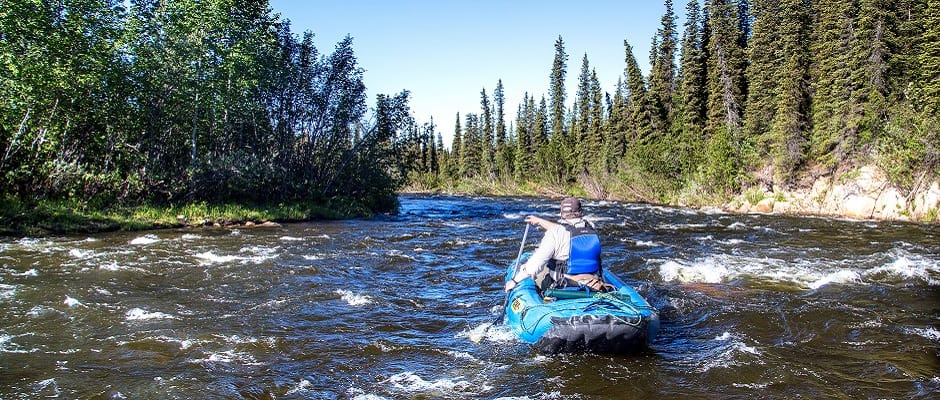Share this article
Deregulatory measures advance in Congress
Congress continues to utilize its authority under the Congressional Review Act to overturn federal environmental rules issued late during the Obama administration.
President Trump signed H.J. Res. 38 on Feb. 16, overturning the Stream Protection Rule issued by the Office of Surface Mining Reclamation and Enforcement on Dec. 20, 2016. The rule’s intent was to protect surface and groundwater, drinking water supplies, and fish and wildlife from the adverse impacts of surface coal mining operations and to avoid long-term pollution and the associated costs of water quality treatment.
In addition to President Trump’s action on Feb. 16, the House passed H.J. Res. 69 with the intent to eliminate a U.S. Fish and Wildlife Service 2016 rule that strictly limits predator control activities and prohibits several non-subsistence hunting methods on National Wildlife Refuges in Alaska. If this joint resolution is also taken up and passed by the Senate, it will arrive on President Trump’s desk for signing.
On Feb. 7, the House passed H.J. Res. 44 to overturn the Bureau of Land Management’s Resource Management Planning Rule, or “Planning 2.0.” On Feb. 9, The Wildlife Society signed onto a letter addressed to Senate Committee on Energy and Natural Resources Chairman Lisa Murkowski (R-AK) and Ranking Member Maria Cantwell (D-WA) expressing support for Planning 2.0 and underlining its importance for natural resource management agencies and the public. Sen. Murkowski expressed disapproval of the rule in a recent statement.
H.J. Res. 60 was introduced by Rep. Dan Newhouse (R-WA) on Feb. 2 with the intent to dissolve USFWS’ Endangered Species Act Compensatory Mitigation Policy. The mitigation policy was developed to address the negative impacts of development activities to at-risk species and their habitats on USFWS lands. It clarifies existing procedures, establishes new mitigation programs, and incorporates landscape-scale management plans to increase the capacity of the landscape to support the recovery and growth of those species’ populations. H.J. Res. 60 currently sits in the House Committee on Natural Resources.
These recent actions mark a sharp uptick in the use of the Congressional Review Act by Congress. The Congressional Review Act has only been used successfully once prior to the 115th Congress.
Read TWS’ Standing Position on the Use of Science in Policy and Management Decisions.
Header Image: ©Bureau of Land Management








